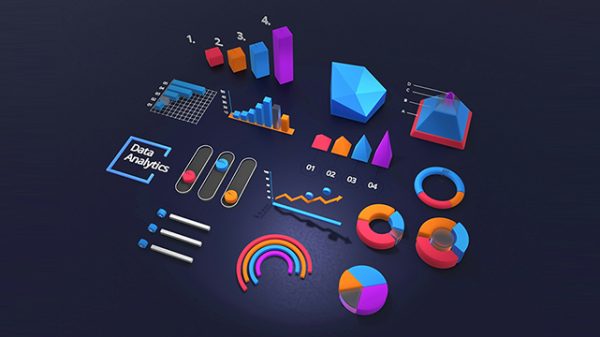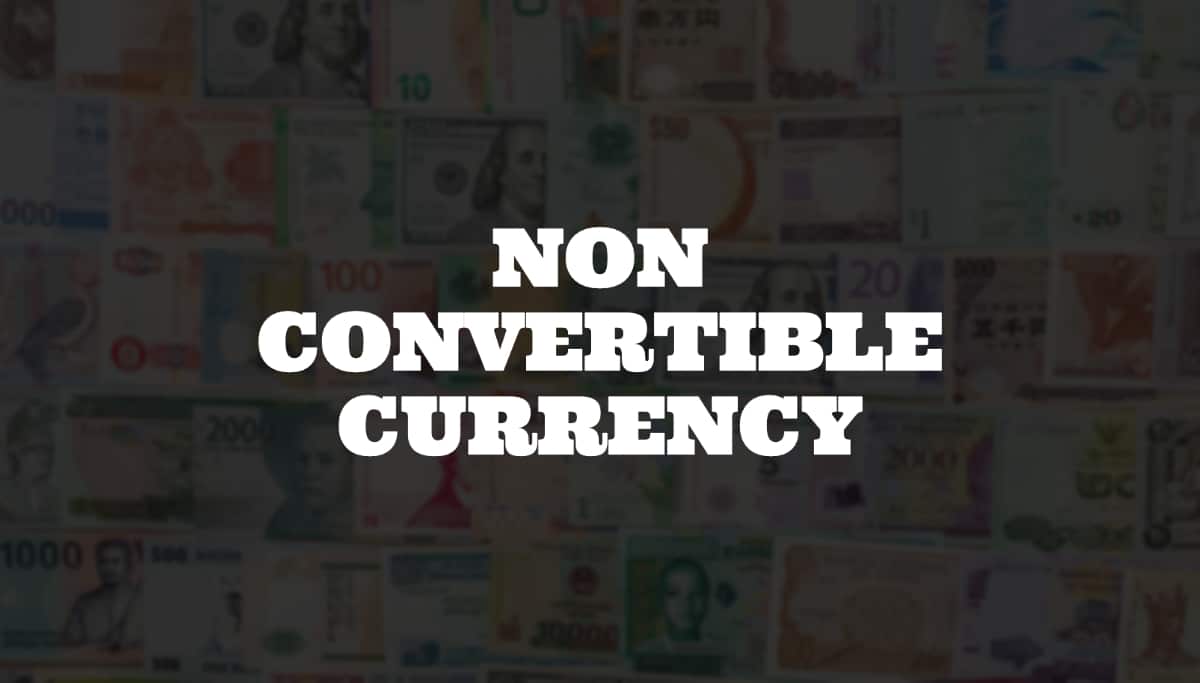Non convertible currency – what does it mean?
A non convertible currency is a type of currency that you cannot easily exchange for another currency. In other words, it lacks convertibility. This means that individuals and businesses cannot freely exchange the currency for other currencies in the foreign exchange market.
Typically, governments or central banks control non convertible currencies.
As a result, non-convertible currencies are often used primarily within the country of issuance. They may have limited acceptance or value outside of that country. Foreign exchange controls, such as limits on currency exchange, are common measures associated with non-convertible currencies.
These currencies are often subject to different exchange rates in the black market or informal exchange systems.
Besides non convertible currencies, there are fully and partially convertible currencies.
You can trade and exchange a fully convertible currency without significant restrictions. You can buy them, sell and convert into other currencies without limitations in the global foreign exchange market.
Partially convertible currencies often reflect the government’s efforts to manage their economic and monetary policies. Governments use these currencies to maintain exchange rate stability, or control capital flows. Examples include the Chinese yuan (Renminbi) and the Indian rupee, which have historically been partially convertible currencies.
A list of non convertible currencies
The list:
Iranian Rial (IRR) North Korean Won (KPW) Cuban Peso (CUP) Bhutanese Ngultrum (BTN) Belarusian Ruble (BYN) Turkmenistan Manat (TMT) Uzbekistani Som (UZS) Congolese Franc (CDF) Eritrean Nakfa (ERN) Somali Shilling (SOS) Libyan Dinar (LYD) Nepalese Rupee (NPR) Ethiopian Birr (ETB) Laotian Kip (LAK) Bangladeshi Taka (BDT) Burmese Kyat (MMK) Maldivian Rufiyaa (MVR) Angolan Kwanza (AOA)Non Convertible Currency and NDF (Non-deliverable forwards )
Non-deliverable forwards (NDFs) are derivative financial instruments in foreign exchange markets. Traders and investors primarily use them for hedging and speculating on currencies with restricted convertibility or limited liquidity.
In a traditional currency forward contract, two parties agree to exchange a specified amount of one currency for another. Exchange rate is predetermined as well as settlement date. However, it may be challenging to physically deliver the currencies at the settlement date in the case of currencies with conversion restrictions. This is where NDFs come into play.
NDFs are contracts that allow parties to speculate on or hedge against exchange rate fluctuations. Instead of physically exchanging the currencies, at the settlement date, the parties settle the difference between the agreed-upon exchange rate and the prevailing spot exchange rate in the non-convertible currency. The settlement amount is typically paid in a widely traded and convertible currency, such as the U.S. dollar.
Traders use NDFs in emerging market economies where capital controls or government restrictions on currency convertibility are in place. They allow market participants to manage currency risk without requiring physical currency conversion or delivery.
The post Non convertible currency – what does it mean? appeared first on FinanceBrokerage.






















